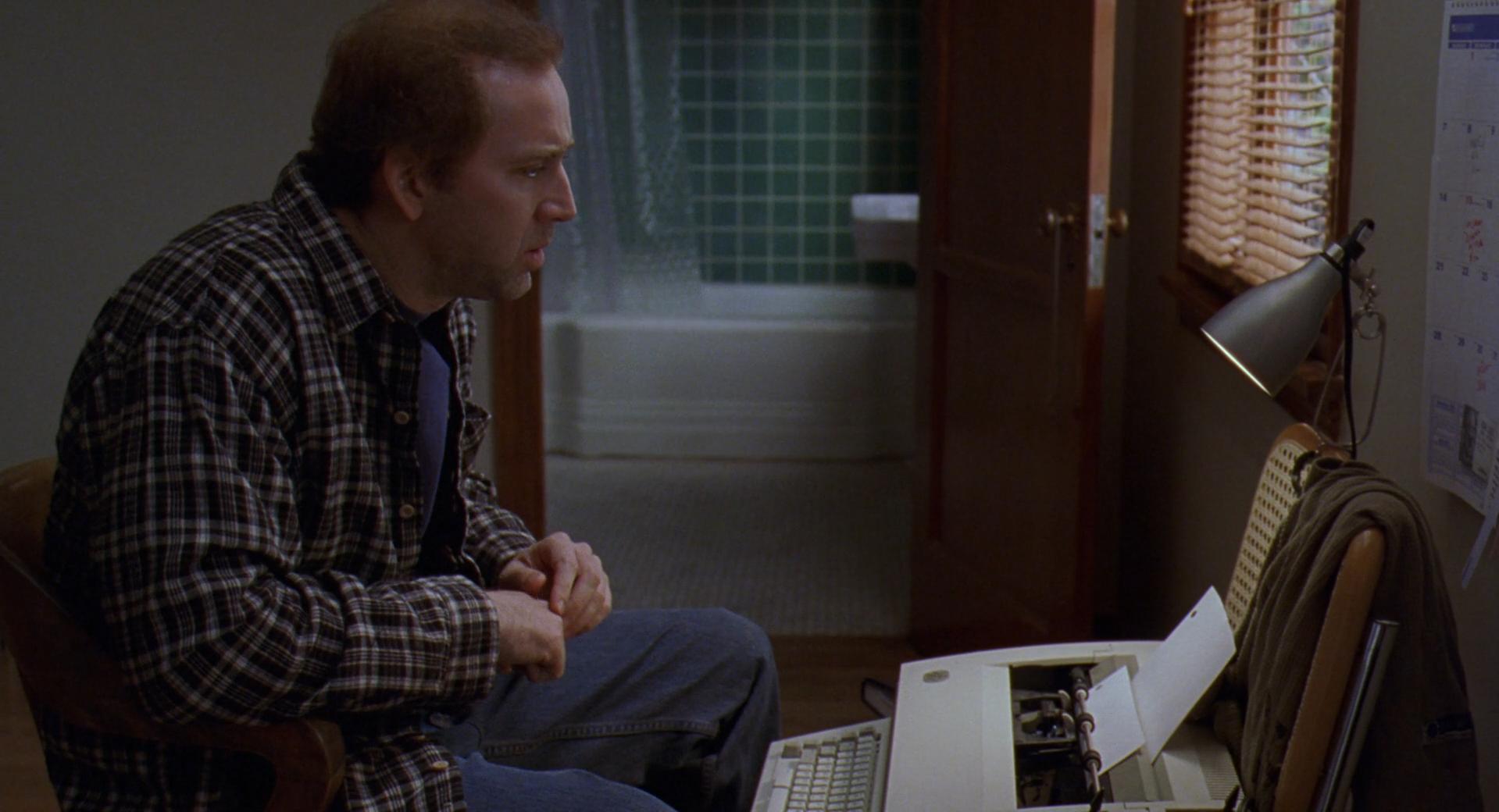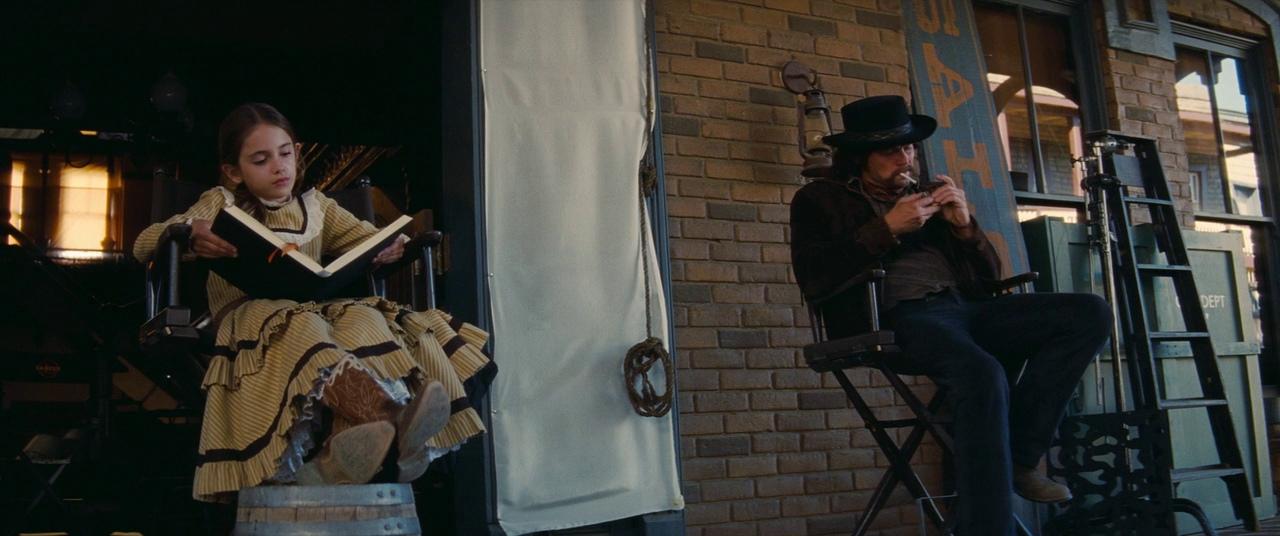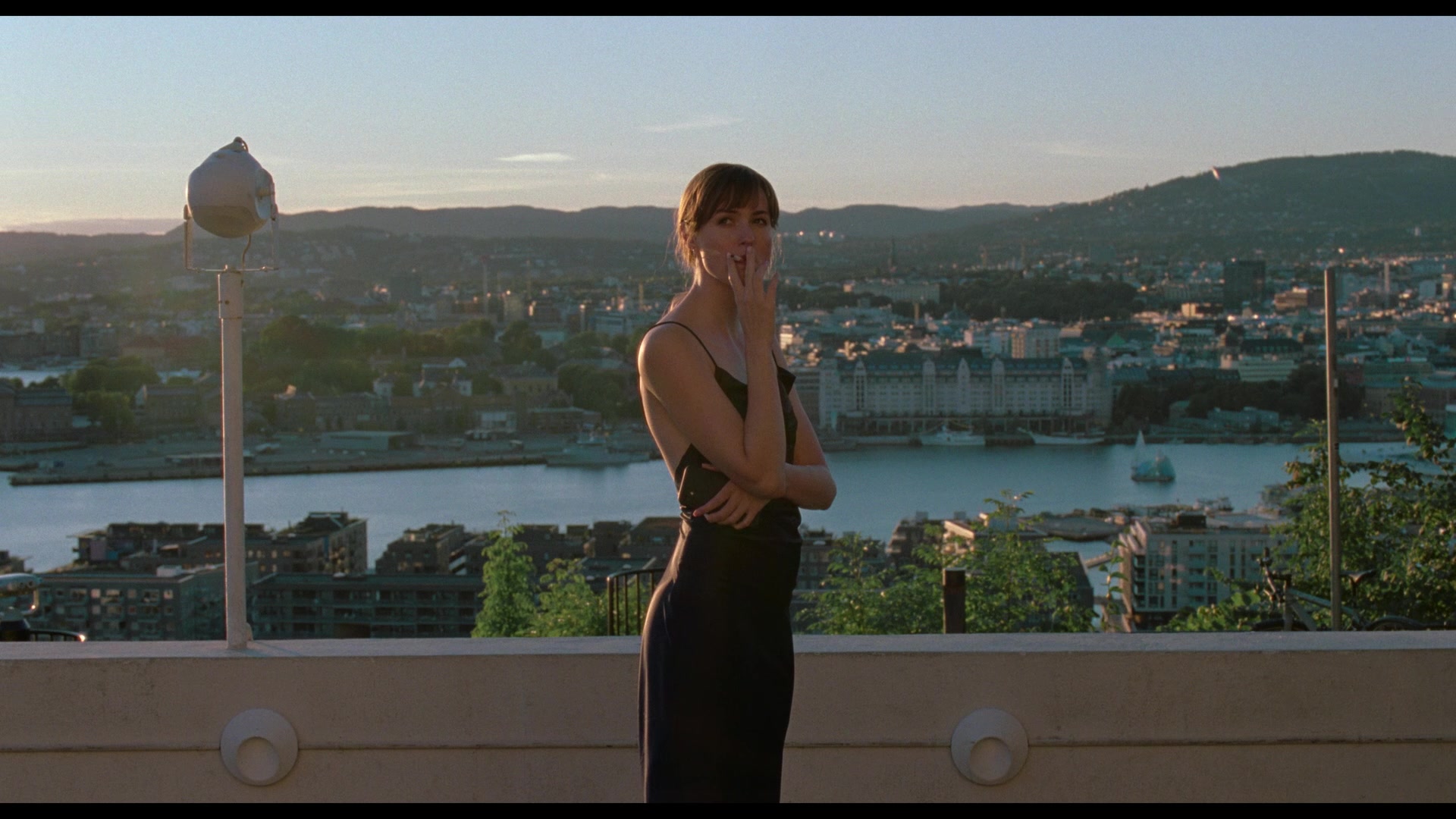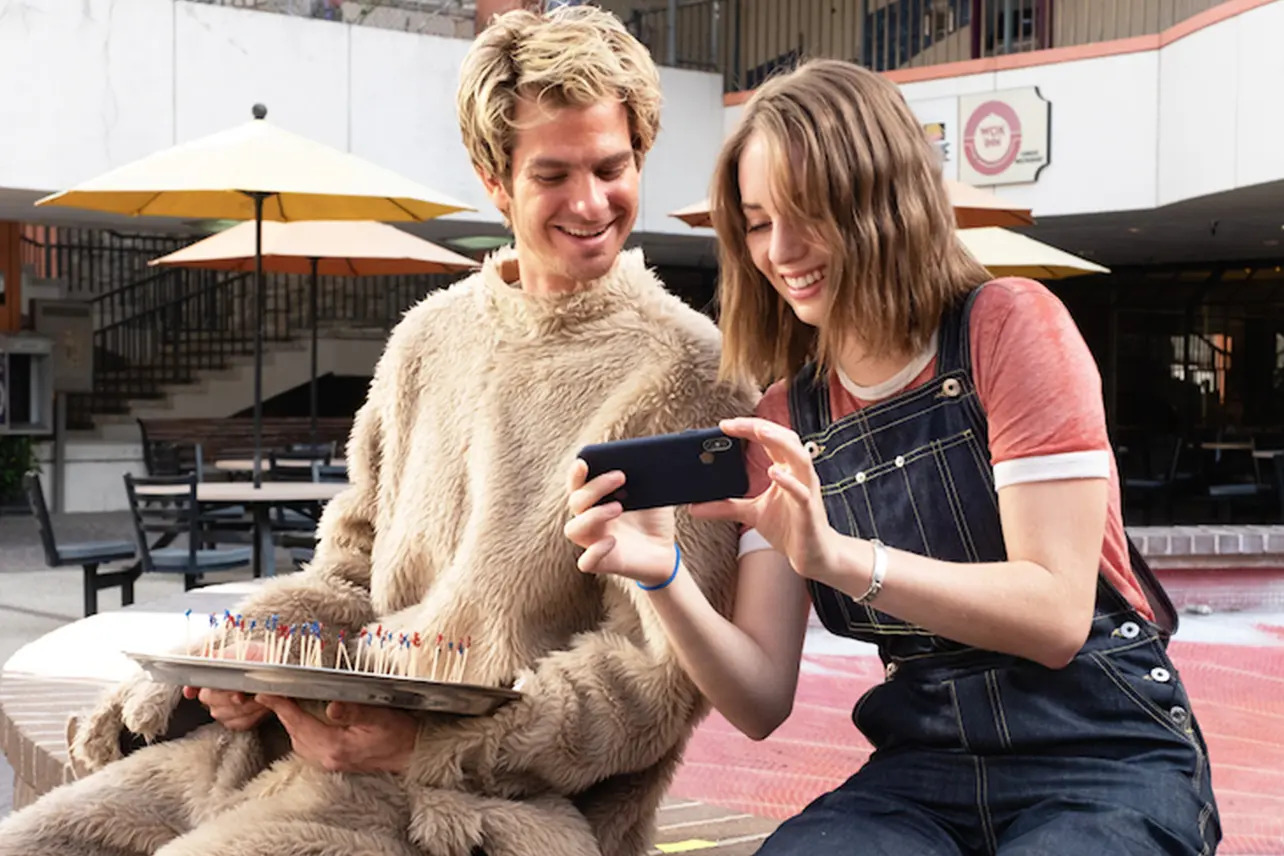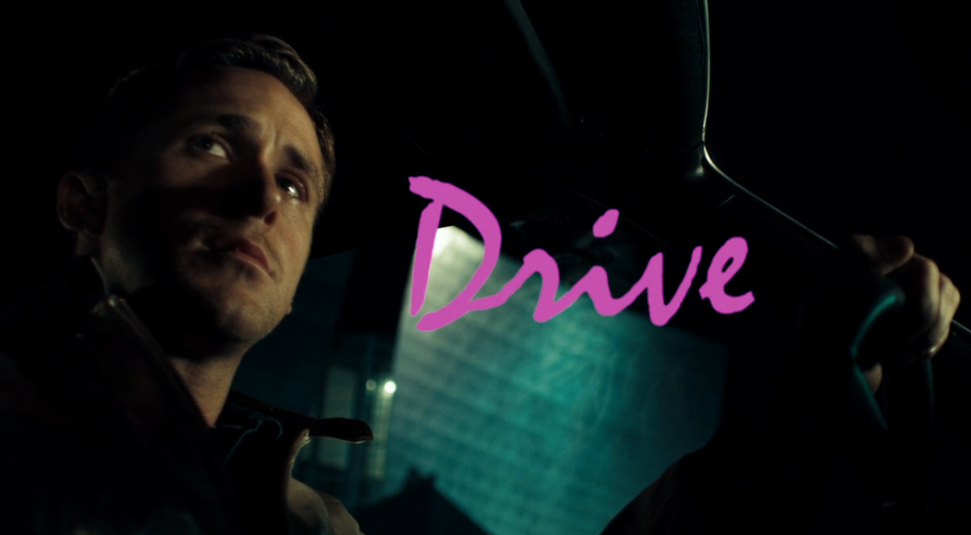
The Soft Green Claw feature
#Drama
By
Esem
Samuels
Newly appointed the college counselor at an elite prep school, a young, idealistic English teacher must navigate the amoral business to keep his job and make his students’ dreams.
Awards
Approved

Winner Draft #1
Summary
3 Reviews |
117 pages |
6 years ago
|
Draft 1
Twenty two percent of my graduating high school class was accepted into Ivy league universities. It was an astounding number, but also a disgusting number. It represented the perversion of values so prevalent among the country's private schools, and generally permeating our success-obsessed country. From the second I stepped into that building, college was on my mind. I spent four years constantly worrying about where I would end up next, the first in an unending chain of rat-race driven mindlessness. Making it worse were the sly underpinnings of a business which valued achievement above all else, including resorting to tactics which pushed the boundaries of morality, and that was generally absent the cash-controlled, favor-cashing nepotism found in higher
A quick internet search revealed that a gift of only two hundred fifty thousand dollars can guarantee acceptance into the nation's top colleges. I know of a number of cases whose families spent slightly more than that to put their resumes over the top. Countless articles detail the, sadly, legal processes for achieving such disturbing outcomes, but rarely are the moral implications discussed. In my opinion, there is perhaps no more morally bankrupt industry, due in part to its involvement of teenagers, many of whom don't know any better. Not only does it perpetuate the values of dishonesty, but instills in our youth early on the kind of back room shenanigans required for a successful life in our "American Dream."
In the "The Soft Green Claw," I attempted to discuss these themes through the lenses of highly human characters. The protagonist, Mickey, is a working-class, self-made dreamer, like a fish out of water in the preppy Dozier Academy. When he's thrust into the role of the school's college guidance counselor, his novice, idealistic perspective gets puts to the test. Through his challenges, and in particularly his relationship with Romeo Sanchez, whose situation mirrors Mickey's own, he discovers that there really is more to life than acceptance or rejection.
A quick internet search revealed that a gift of only two hundred fifty thousand dollars can guarantee acceptance into the nation's top colleges. I know of a number of cases whose families spent slightly more than that to put their resumes over the top. Countless articles detail the, sadly, legal processes for achieving such disturbing outcomes, but rarely are the moral implications discussed. In my opinion, there is perhaps no more morally bankrupt industry, due in part to its involvement of teenagers, many of whom don't know any better. Not only does it perpetuate the values of dishonesty, but instills in our youth early on the kind of back room shenanigans required for a successful life in our "American Dream."
In the "The Soft Green Claw," I attempted to discuss these themes through the lenses of highly human characters. The protagonist, Mickey, is a working-class, self-made dreamer, like a fish out of water in the preppy Dozier Academy. When he's thrust into the role of the school's college guidance counselor, his novice, idealistic perspective gets puts to the test. Through his challenges, and in particularly his relationship with Romeo Sanchez, whose situation mirrors Mickey's own, he discovers that there really is more to life than acceptance or rejection.


